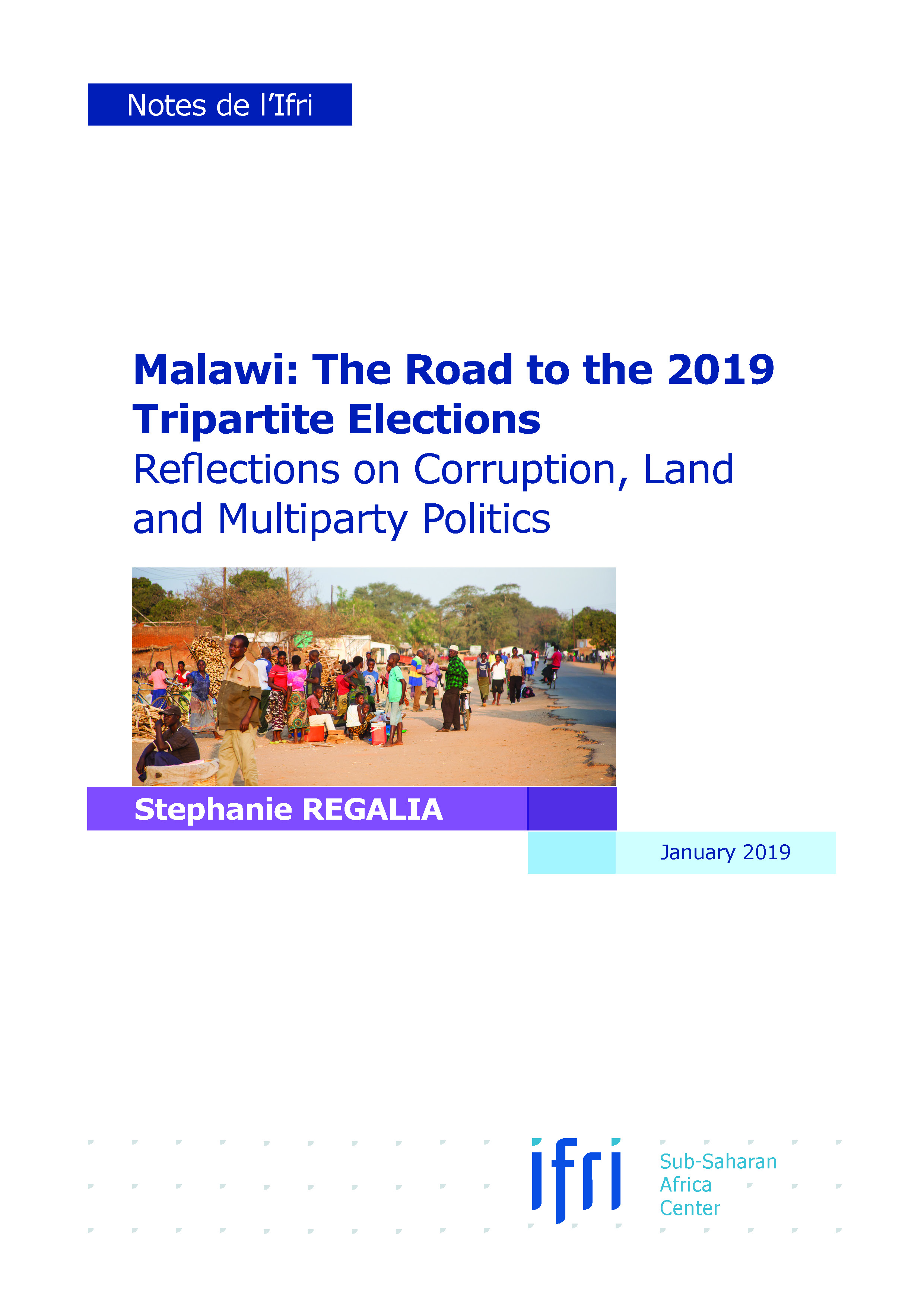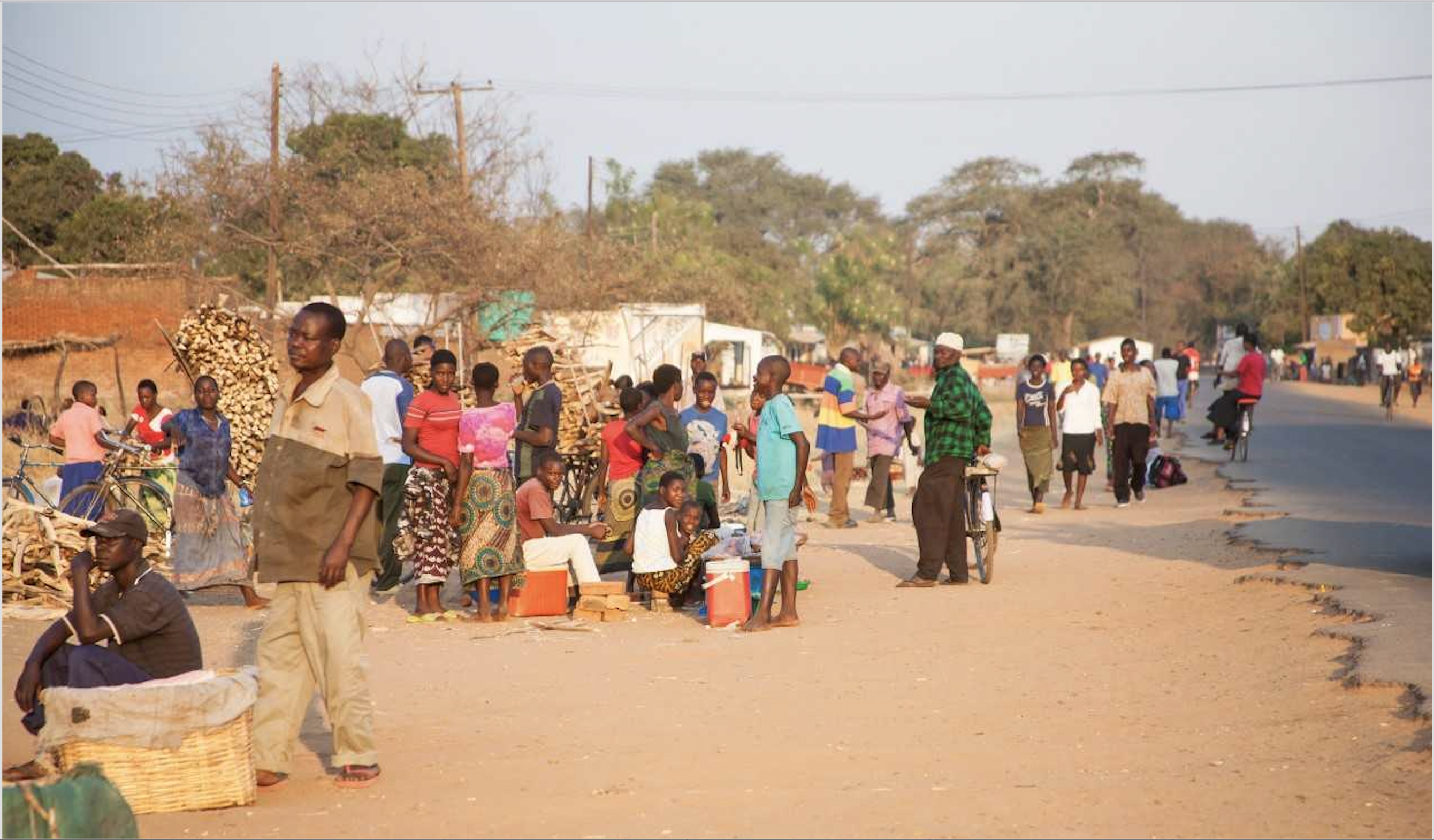Malawi: The Road to the 2019 Tripartite Elections. Reflections on Corruption, Land and Multiparty Politics

On May 21st 2019, Malawi will hold its tripartite elections, where voters will vote for the President, Members of Parliament and local Councillors. 2019 will also mark the 25 years of multiparty politics in Malawi since the one-party regime presided by Hastings Kamuzu Banda came to an end in 1994.

The transition to multiparty democracy has been encouraging with the number of large political parties steadily growing and power peacefully changing hands between the four presidents, the country has known since 1994. In this context, the race to the 2019 elections is particularly competitive. The most recent polls place voter intention for the outgoing president Peter Mutharika and his Democratic Progressive Party (DPP) at a near tie with the lead opposition candidate Lazarus Chakwera of the Malawi Congress Party (MCP). The MCP used to be the only authorized political party under Hastings Kamuzu Banda’s rule. Its return to the forefront of voter intentions signals important changes in the landscape of political actors in Malawi.
This paper explores some of the reasons behind this changing political landscape. It looks at the DPP’s recent loss of support due to discontent with rampant corruption and a controversial land reform passed in 2016. It also examines the landscape of challengers, including the current Vice President Saulos Chilima, following his departure from DPP ranks to form a new political movement, the United Transformation Movement (UTM). Given the diversity of large political parties in contention, which also includes Atupele Muluzi’s United Democratic Front (UDF) and Joyce Banda’s People’s Party (PP), the possibility of securing victory in the 2019 presidential election may rest on the ability of political parties to form strategic electoral alliances. This may require moving past political parties formed solely around the personality and identity of their leaders to a more issue-based political debate.
Download the full analysis
This page contains only a summary of our work. If you would like to have access to all the information from our research on the subject, you can download the full version in PDF format.
Malawi: The Road to the 2019 Tripartite Elections. Reflections on Corruption, Land and Multiparty Politics





